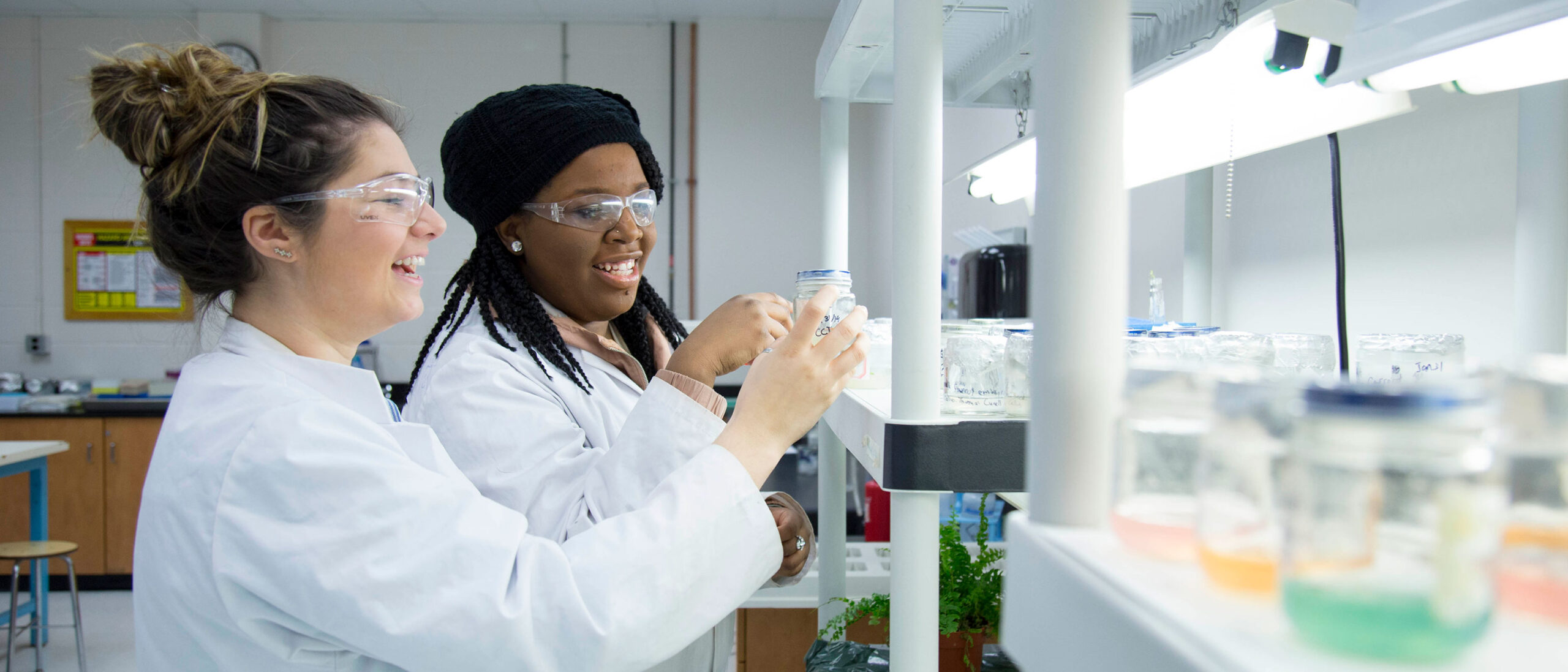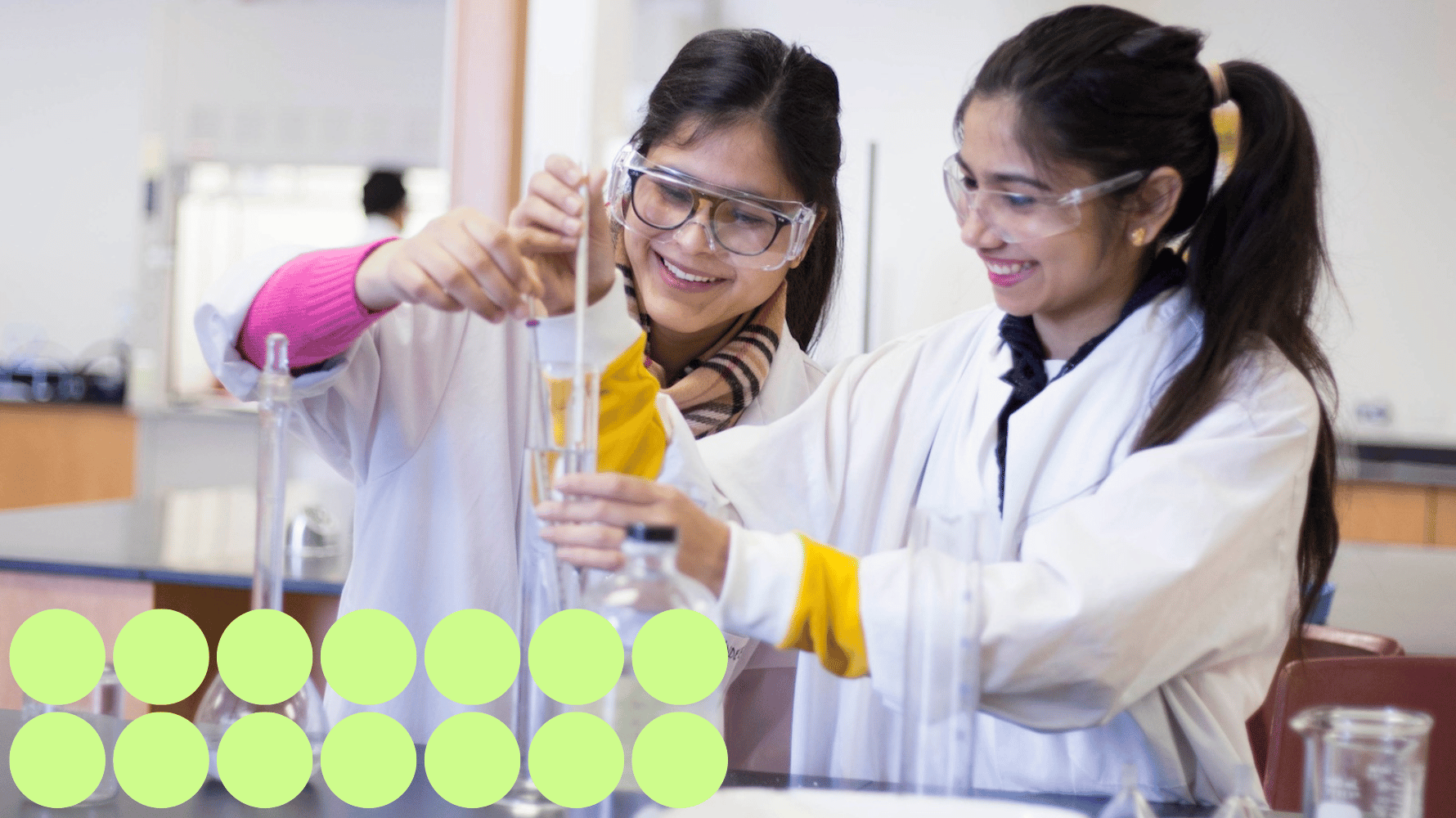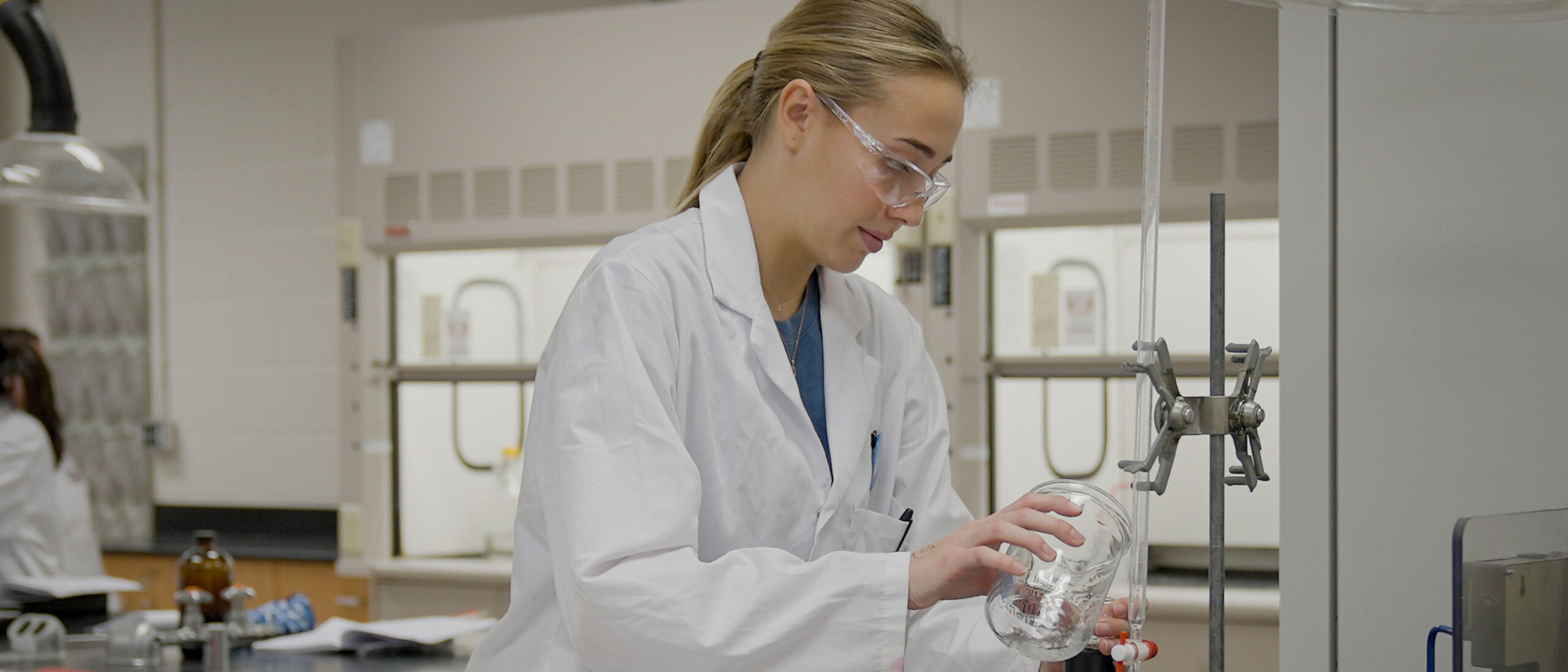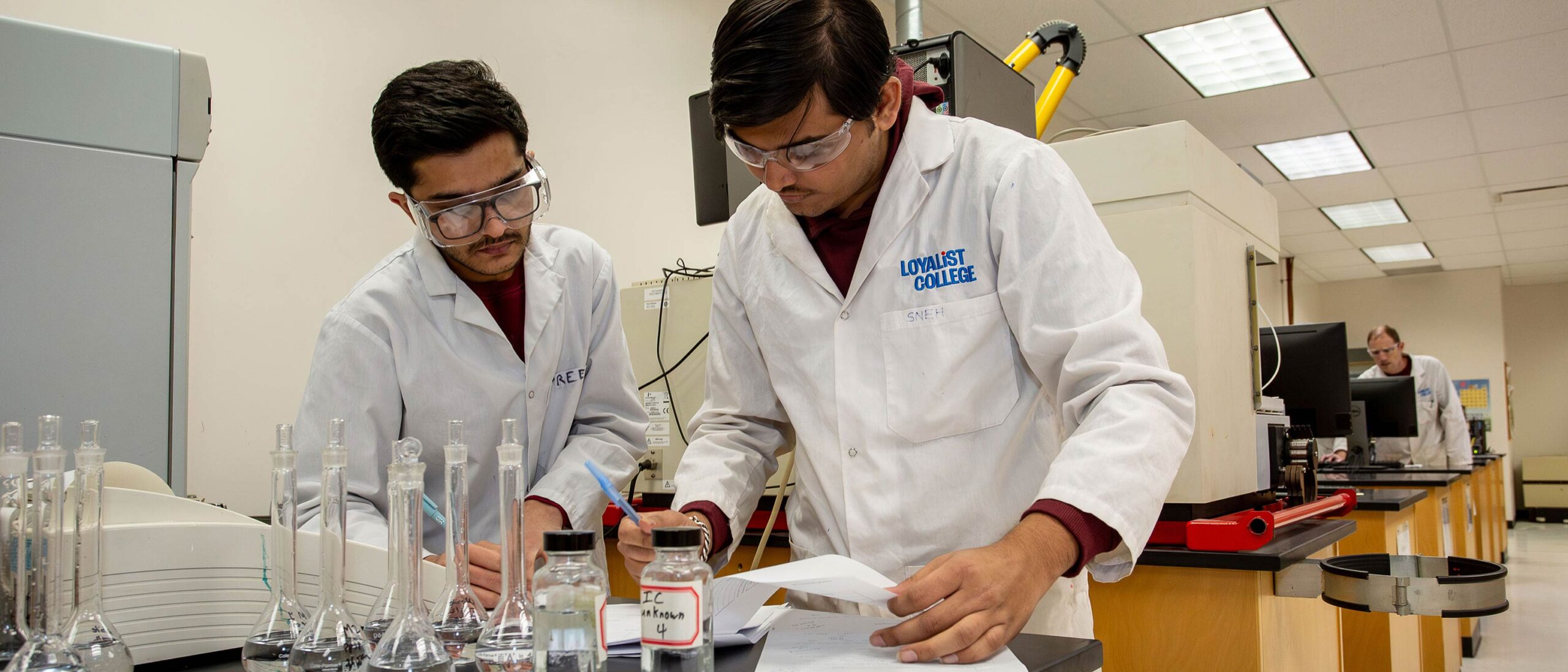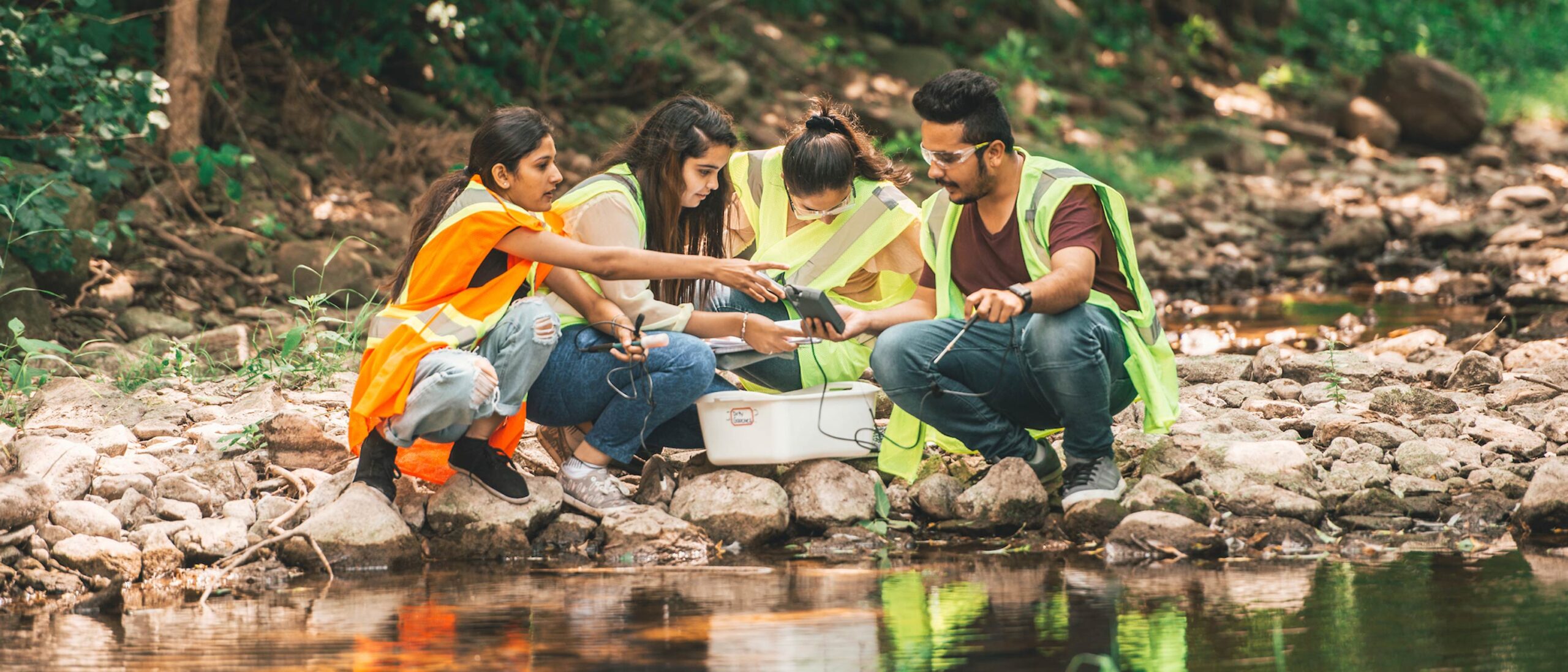Find your career
A career in biotechnology holds many opportunities to make an impact in government, industry, education and medical facilities. Graduates also find opportunities in regulation and enforcement, quality control and sales.
- Biotechnology drives scientific and technological progress, using cells, living organisms and biological systems to develop technologies and products that improve our lives.
- There is a growing demand for skilled technicians, lab technologists and research assistants.
- You could work in life sciences, agriculture, food production, pharmaceuticals, and sanitation or health research.
- Graduates also find opportunities in regulation and enforcement, quality control and sales.
Our grads get great jobs
- Quality Assurance and Quality Control Lab Technician, Beau’s All Natural Brewing Company, Vankleek Hill
- Senior Primary Inspector, Canada Food Inspection Agency
- Research and Development, Royal Military College of Canada
- Biopharmaceutical Production Assistant, Bioniche Life Sciences Inc.
- Research Technologist, Environmental Health, Science and Research Bureau, Health Canada
- Health Researcher, Ottawa Hospital Research Institute
- Brewmaster/Biotechnician, Huntsville Wine and Beer
- Chemical Engineering Technologist, DuPont Canada Co., Kingston
Is it for you?
People who succeed in biotechnology:
- May be fans of CSI: Crime Scene Investigation.
- Are drawn by the potential of science to make people’s lives better.
- Have strong skills in math and science.

I got to experience a diverse and inclusive culture here at Loyalist. The professors were nice, the labs were interesting, I got more convinced that choosing this program was right for myself as I spent my time in the college.
Madhav, Biotechnology

